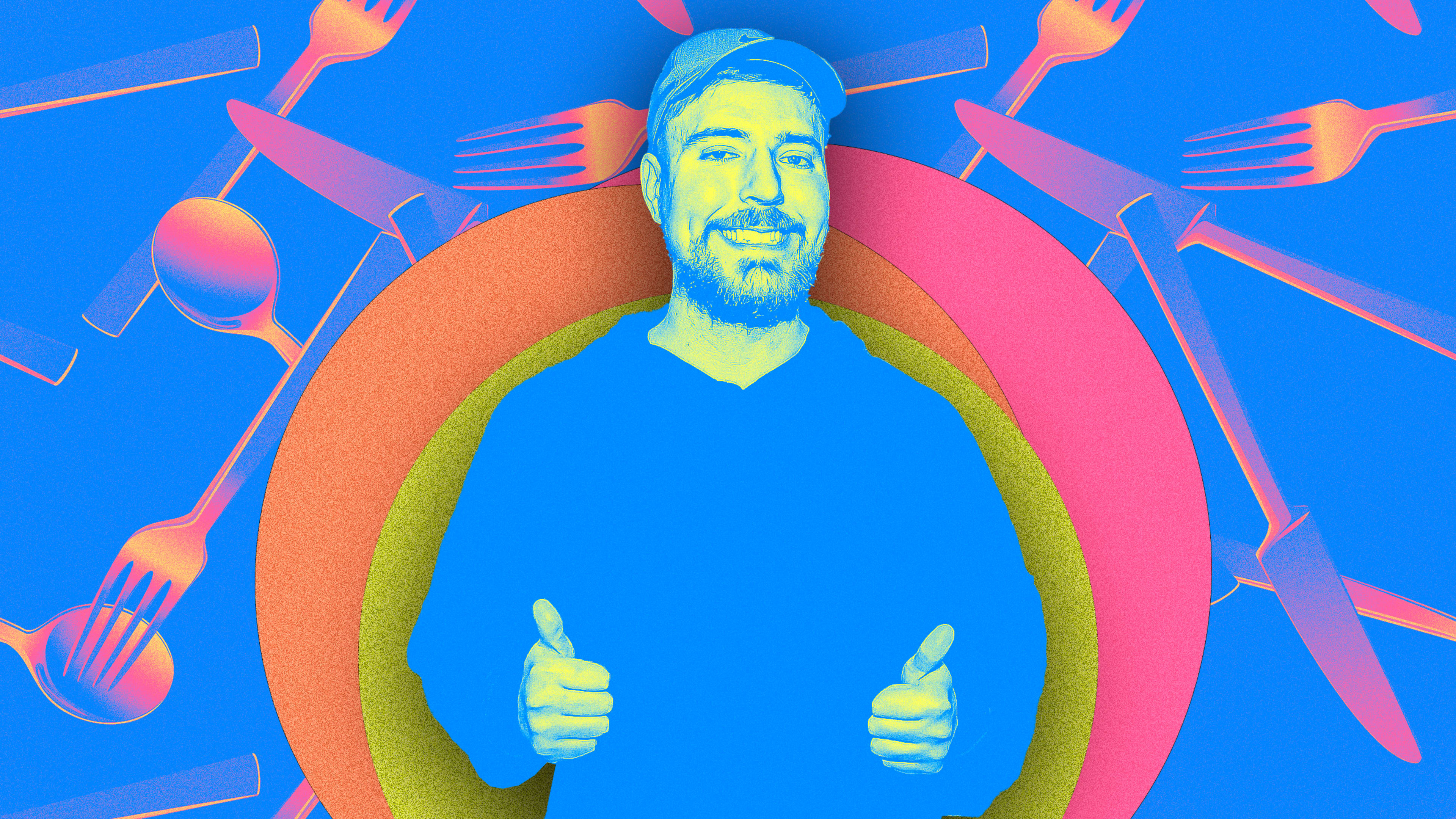Branded is a weekly column devoted to the intersection of marketing, business, design, and culture.
Ghost kitchens have started to disappear lately. The delivery-only, virtual-restaurant model flourished at the height of the pandemic, as platforms like DoorDash and GrubHub boomed in response to lockdown culture. Established companies and startups piled into the trend—pegged at a potential $1 trillion business segment, by one excitable estimate at the time. But many of those plans have gone stale. In fact, Uber Eats recently booted thousands of digital “restaurant” listings in an effort to “declutter” its app. No wonder the whole concept now seems like a figment of the fevered quarantine imagination.
But actually, the original ghost kitchen idea has a plausible afterlife. And it’s a more realistic one: Instead of a hypothetical reinvention of dining habits, this version is more of a tweak, involving new ways of deploying existing resources—and with a lot more thought given to good old-fashioned branding. Consider the recently launched, delivery-only TenderFix, a virtual chain with a chicken-centric menu. Whether this specific example thrives or not, it offers a blueprint of a post-ghost kitchen strategy.
For starters, it’s actually TenderFix by Noah Schnapp—Schnapp being the actor who plays Will Byers on Netflix’s Stranger Things. Also a student at the University of Pennsylvania, Schnapp is described as a “partner” in TenderFix, and as a fan of chicken sandwiches, plant-based chicken alternatives, and late-night delivery, all elements of the TenderFix brand.
The popularity of the ghost kitchens of peak lockdown wasn’t exactly driven by traditional brand awareness strategies, but rather by creating a flood of virtual restaurants with near-identical menus under multiple search-optimized names like “Omelette Farm” and “Pizza of New York.” That kind of approach is part of what made consumers suspicious of deceptive-seeming ghosty eateries they’d never heard of. These sorts of enterprises certainly did not launch to press coverage as TenderFix did.
And the rise of ghost kitchens didn’t change the fact that consumers gravitate toward familiar names—as demonstrated by MrBeast Burger. At the height of the ghost kitchen phenomenon, the YouTube star—one of Fast Company’s Most Innovative Companies of 2023—launched a delivery-only burger brand available from hundreds of kitchens across the country. Even an online personality of his distinct wattage would have been hard-pressed to open a nationwide fast-food concept practically overnight, but MrBeast leveraged his singular brand to do so virtually. Working with ghost kitchen development firm Virtual Dining Concepts, which was connected to several Italian chains whose kitchens helped form the initial backbone of MrBeast’s burger infrastructure, MrBeast Burger sold a reported 1 million burgers in its first three months. This ultimately enhanced the MrBeast brand, and the concept with its simple menu has since grown to 1,700 (virtual) locations. The upshot is that giving people a specific brand to seek out is better than hoping to benefit from generic category hunger.
Notably, TenderFix supplements its celebrity-centric branding with an additional gambit: touting its association with an established food brand. The plant-based chicken (or Chik’n) alternative items, from sliders to tenders, are studiously tied to MorningStar Farms, a well-known name in the alt-meat arena.
There’s also another decidedly crucial entity behind TenderFix, one whose brand is not touted in promo materials: IHOP. TenderFix food is cooked in and delivered from more than 1,000 IHOP locations. The height of ghost kitchen mania included a lot of plans for renting and/or developing new space. At one point, Wendy’s announced plans to open hundreds of new kitchens to capitalize on the new deliver-centric category. That didn’t last: As the pandemic waned, eating out came back (and using the drive-through never stopped).
But from the beginning of the ghost kitchen notion, it has also included established restaurant chains looking not to build out new spaces, but rather to wring more from their existing cooking infrastructure. There was, for instance, a brief online-outrage moment when someone discovered that an indie-sounding joint called “Pasqually’s Pizza” was actually a Chuck E. Cheese side hustle in disguise. It turns out TenderFix is actually the third “virtual brand” to operate out of IHOP’s many kitchens. The others are Super Mega Dilla, with a quesadilla-focused menu, and Thrilled Cheese, specializing in grilled-cheese sandwiches—both developed with Nextbite, another notable member of the TenderFix ghost collaboration that specializes in developing new virtual brands for existing restaurant chains.
To be sure, some consumers still complain that these enterprises are, in effect, fake restaurants. And maybe that’s a problem. Of course, the long-term success of TenderFix depends on the brand becoming established, not just being introduced. But clearly the recipe for what makes a ghost kitchen work is getting more sophisticated. The concept is going to haunt the restaurant business for a while longer.
Recognize your brand’s excellence by applying to this year’s Brands That Matter Awards before the early-rate deadline, May 3.
